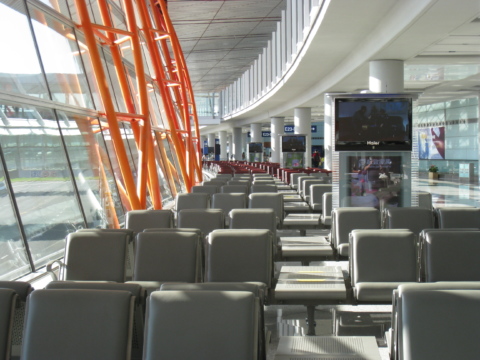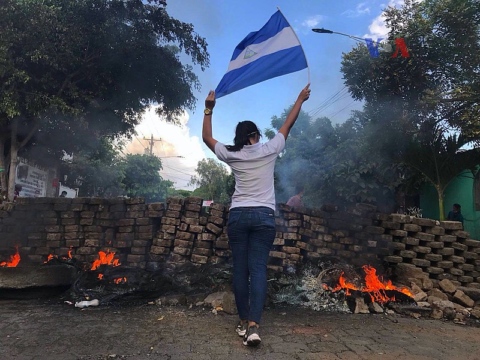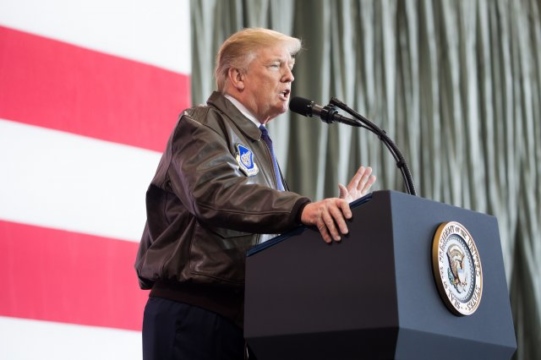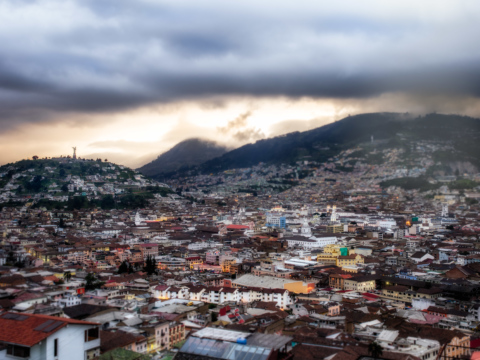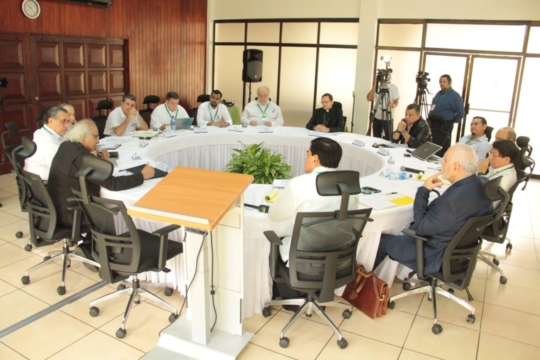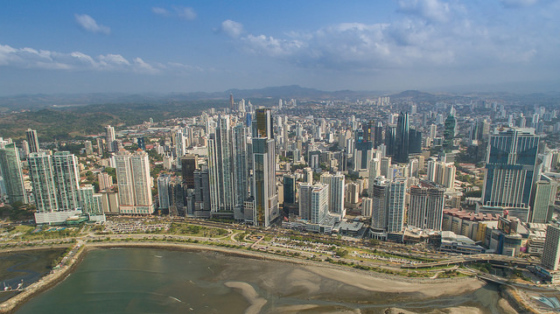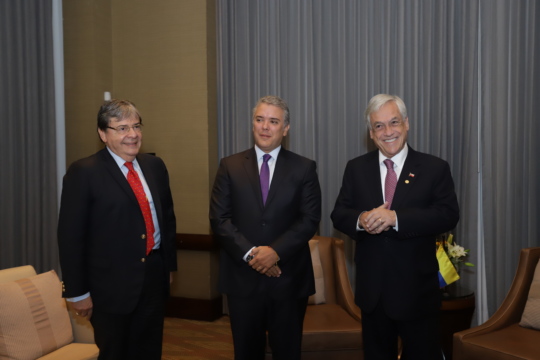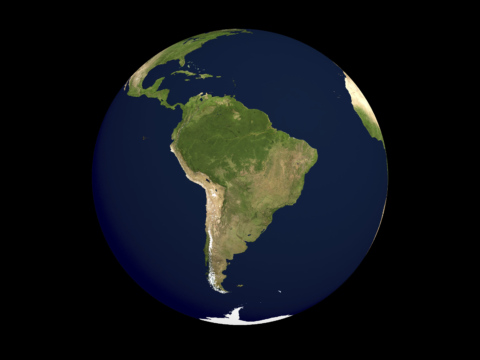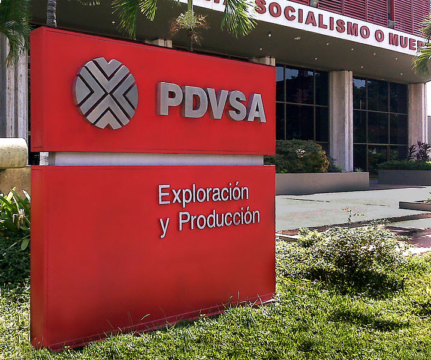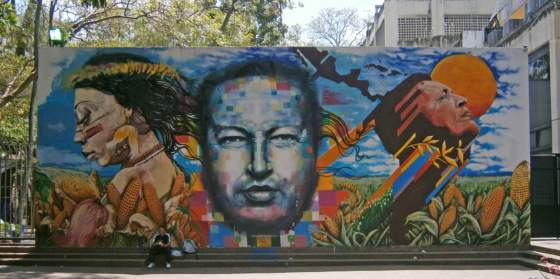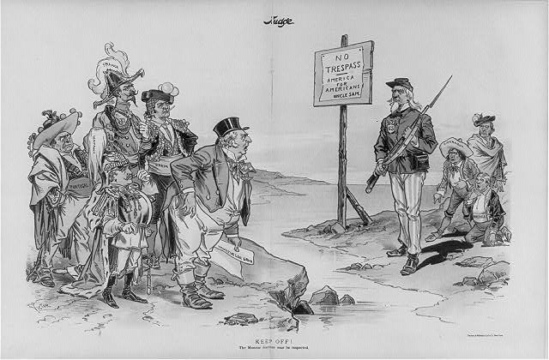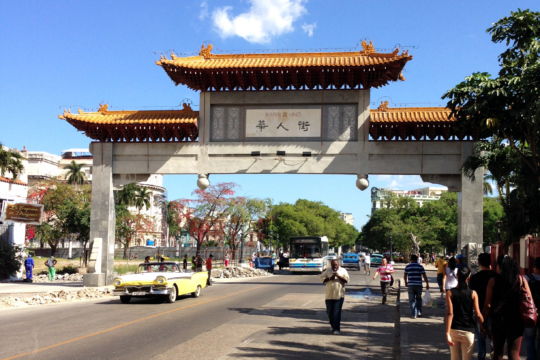
Is Cuba Hoping to Emulate China With Its New Constitution?
Far from a fundamental rethinking of the political framework, Cuba’s new constitution is a cautious attempt at salvaging a dysfunctional system.
Far from a fundamental rethinking of the political framework, Cuba’s new constitution is a cautious attempt at salvaging a dysfunctional system.
China’s interest in Latin America has cooled — and that trend will continue.
A lack of transmission-line maintenance may have been the immediate trigger for the power outage that left much of Venezuela in darkness on March 7, but it is a symptom of almost two decades of government mismanagement that has debilitated Venezuela’s power sector, draining its reserves of both human and financial capital and nudging it towards collapse.
Un año después del 18 de abril, Nicaragua se ha constituido en uno de los países más peligrosos del mundo, en donde el ejercicio de la violencia y la coerción institucional han prevalecido sobre el consenso y la democracia.
The U.S. president needs to keep cooperating closely with Mexico, steer clear of any military action in Venezuela and refrain from bullying his partners and allies in the region.
Intra-regional migration in the Americas has increased since the 1990s and doubled between 2000 and 2017.[1] Ecuador’s transformation in the last ten years from a traditionally migrant sending to a migrant host and transit nation further illustrates this growing pattern of intra-regional migration.
近期的进展显示,中国的政策性银行、商业银行以及其他金融平台仍将维持中国在拉美地区的角色,并将向更加广泛的项目类型拓宽。
Las negociaciones que se iniciaron con una agenda limitada a cuatro puntos sustantivos (liberación de presos, libertades civiles y políticas, reforma electoral y justicia) y uno técnico de implementación, representan predominantemente el intento de llegar a un acuerdo para neutralizar la violencia estatal y el conflicto político que estalló en abril 2018 en Nicaragua.
Central American economies continue to struggle with achieving higher rates of economic growth, of above 4%. The sluggish growth continues to limit the ability of these countries to achieve economic development and prevent emigration in the long term. Of particular relevance is the fact that these economies are highly dependent on a small number of economic activities, and remittances are a central, if not the most important, source of income.
A new regional body proposed by Colombia and Chile faces difficult prospects.
Family remittances to Latin America and the Caribbean experienced nearly 10% growth in 2018, one of the largest growth rates in the past 10 years. Growth in remittances stands in stark contrast to the sluggish 1.9% economic growth rate for the region. The countries with the highest remittance growth rates in 2018 included Haiti, Colombia, Brazil, Guatemala and Paraguay.
Michael Camilleri and Tamar Ziff suggest US policy options in response to Guatemalan President Jimmy Morales’ attacks on CICIG.
Even if Juan Guaido or another opposition figure finally takes the reins and starts fixing the oil sector in Venezuela, it will take years before oil exports can provide the economic boost needed to pull the nation out of the morass. Venezuela’s oil industry has been severely damaged, and there are questions about the long-term economic viability of its oil fields. Venezuelans will likely be disappointed with the pace of the economic turnaround under any new government—a risk that poses a real threat to political stability. Expectations ought to be tempered.
February 2nd marks two decades since Hugo Chavez first assumed the presidency of Venezuela. Today, the Bolivarian Revolution that Chavez led until his death in 2013 is at its most critical moment: the economy is in ruins, three million Venezuelans have emigrated in recent years, and his successor, Nicolás Maduro, rules as a dictator while Juan Guaidó took the oath as interim president with the support of the international community.
This is a critical moment in the Venezuela crisis – hopeful yet uncertain. Moving forward, senior Trump administration officials would be wise to devote more time with their Latin American counterparts, issuing joint statements and coordinating actions to pressure the regime and advance Mr. Guaido’s efforts at reconciliation. Posturing about the U.S.’s power and influence in Venezuela evokes a 19th-century doctrine that has long been irrelevant and is counterproductive.
